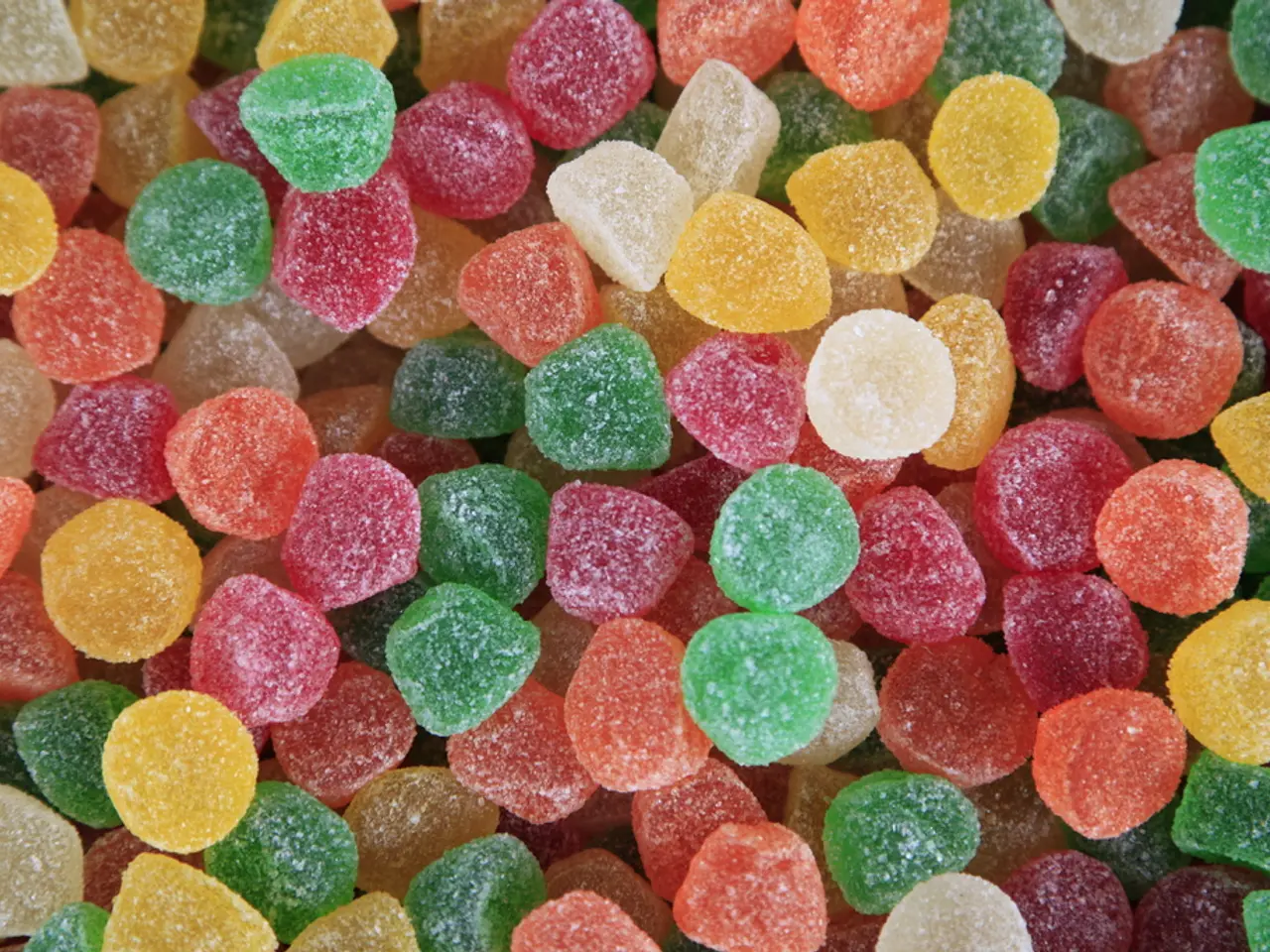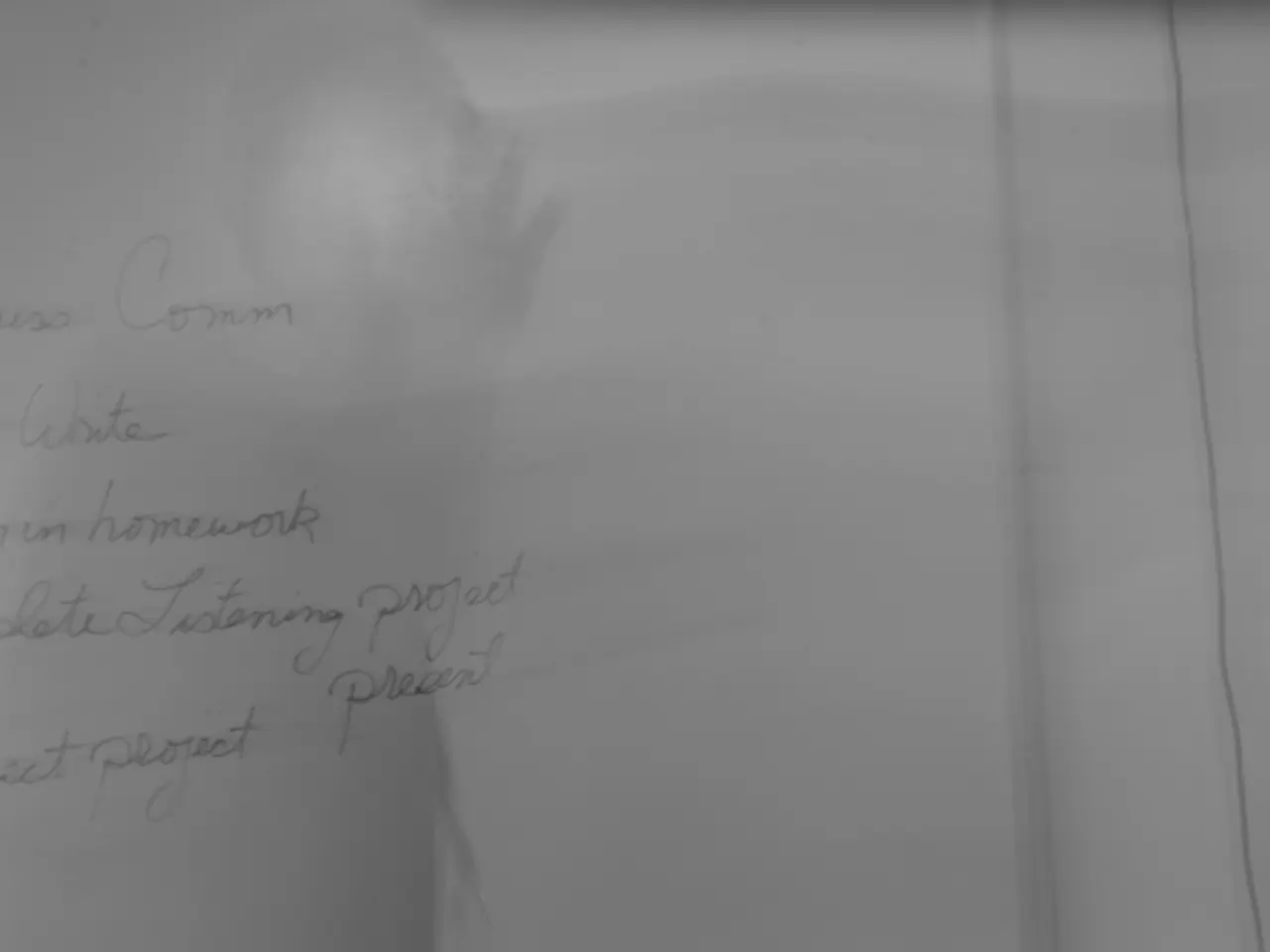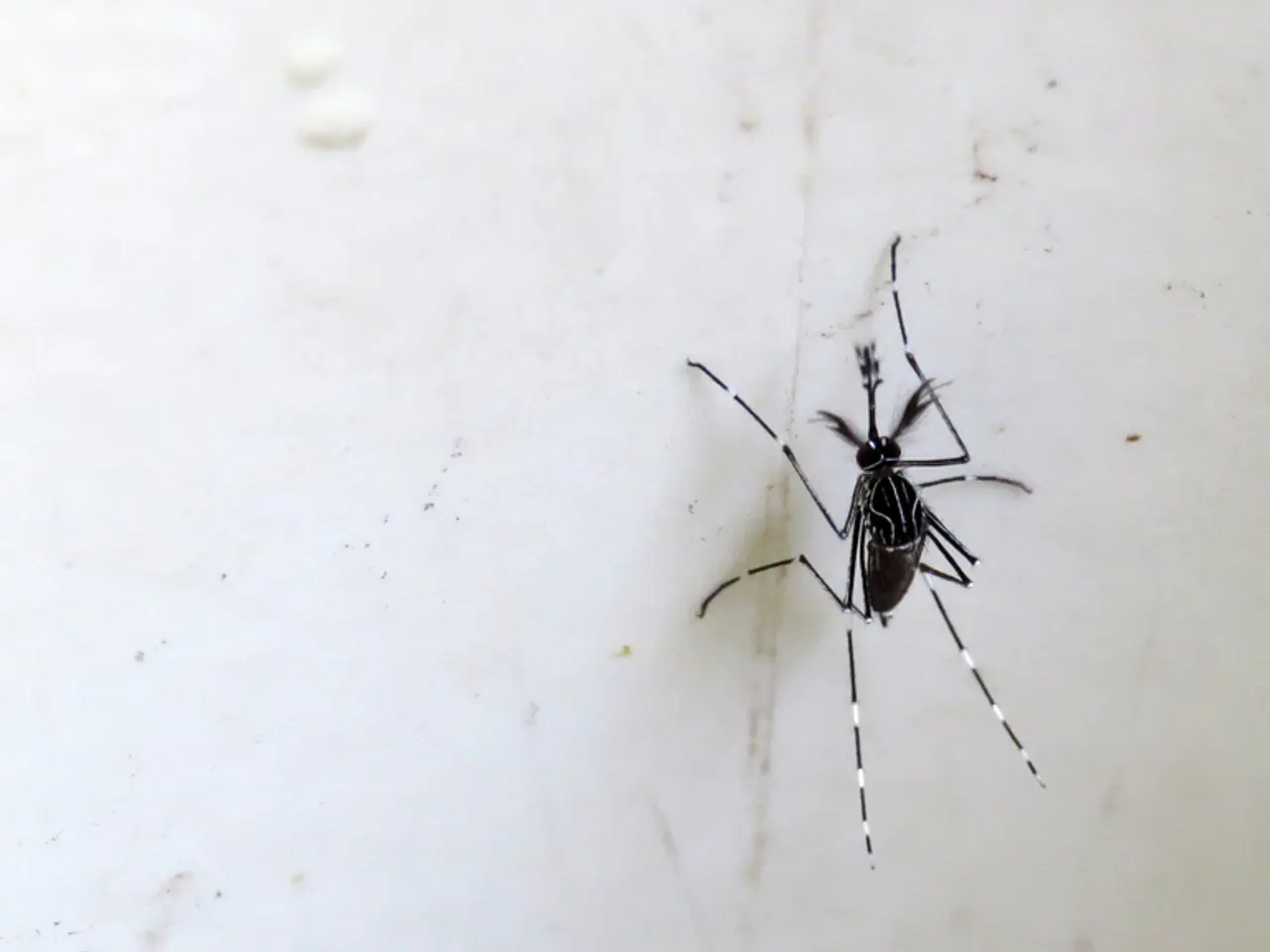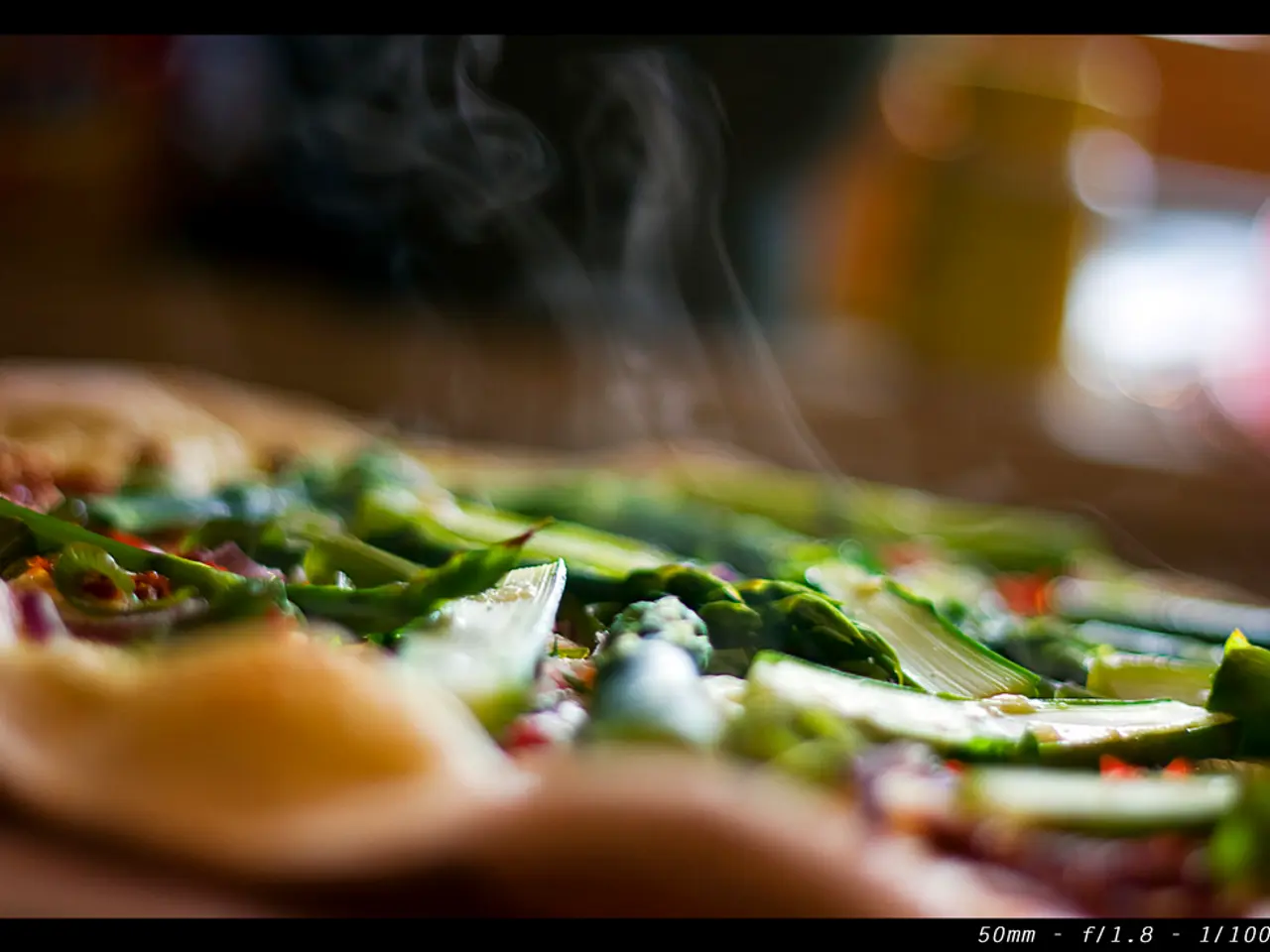Optimal Sugar Choices for Crafting Homemade Kombucha
===================================================================
Kombucha, the fermented tea beverage, is a popular health drink known for its probiotic properties and refreshing taste. But have you ever wondered about the role of sugar in kombucha brewing and which sugars are best to use? In this article, we'll explore the world of kombucha sugars and help you make informed choices for your next brew.
During the primary fermentation stage, a variety of sugars can be used, including white and golden sugar, brown sugar, raw sugar, coconut sugar, molasses, pasteurized honey, and maple syrup. Each sugar has its advantages and disadvantages, with white and golden sugar being affordable and fast-fermenting but refined and having few nutrients, while brown sugar has a moderate nutrient content but a stronger taste. Raw sugar and coconut sugar have a very strong taste but high nutrient content, molasses has a very high nutrient content but a very strong taste and is sweeter, pasteurized honey has a distinct taste and health benefits but potentially interferes with fermentation and tends to produce more alcohol, and maple syrup has a unique flavor and rich in minerals but is expensive and its taste lessens with fermentation.
When it comes to the secondary fermentation or flavoring stage, artificial sweeteners like erythritol, xylitol, and aspartame are non-fermentable and unsuitable for fermentation but can be used to sweeten kombucha. Natural sweeteners like Stevia and monk fruit are non-fermentable and can be used to sweeten kombucha if you want a beverage with no added sugar. Agave syrup, with its low glycemic index, is a suitable choice for sweetening during flavoring, but unpasteurized honey is not recommended due to its microorganism content. Icing sugar, coloured or flavoured sugar contains additives that can disrupt fermentation and should be avoided.
The minimum quantity of sugar needed for starting fermentation is 50 grams per litre of tea, and the maximum quantity for more intense flavours and more vigorous fermentation is 140 grams per litre. Reducing the amount of sugar too much can slow down or stop fermentation, affecting taste and health benefits.
In terms of the best sugars for kombucha brewing, cane sugar (white granulated sugar) is traditionally considered the best because it is readily fermentable by the SCOBY and leads to a consistent fermentation cycle without adding unwanted flavors or minerals. Light coconut sugar can be used but in smaller quantities (about 1/4 cup per gallon) because it is mineral rich and can overstimulate yeast if used in larger amounts, leading to overly sour or off-balanced brews.
On the other hand, sugars with higher mineral content or complex sugars like unrefined or dark coconut sugar in large amounts can upset the SCOBY balance and result in poor fermentation or watery, off-colored kombucha.
When it comes to recommended quantities, a standard recipe usually calls for about 1 cup (200 grams) of granulated sugar per gallon (approximately 3.8 litres) of tea. Adjusting sugar quantity can alter fermentation time and taste – less sugar slows fermentation and yields less acidic kombucha, while more sugar accelerates fermentation and increases sourness. Lowering sugar too much may cause fermentation issues or weak SCOBY growth, whereas too much sugar can lead to excessive fermentation byproducts.
In summary, plain white cane sugar is the safest and most reliable choice in about 1 cup per gallon, while experimenting with unrefined sugars like coconut sugar should be done cautiously and in smaller amounts to avoid disrupting the SCOBY. Using sugars with complex mineral content or high quantities of untested sweeteners is generally discouraged to maintain healthy fermentation and flavor balance.
So, next time you're brewing kombucha, remember that choosing the right sugar is crucial to achieving the perfect balance of taste and health benefits. Happy brewing!
References:
[1] Kombucha Kamp. (2021). All About Kombucha Sweeteners. Retrieved from https://kombuchakamp.com/blogs/kombucha-101/all-about-kombucha-sweeteners
[2] Kombucha Broth. (2021). The Best Sugars for Kombucha Brewing. Retrieved from https://kombuchabroth.com/best-sugars-for-kombucha-brewing/
[3] The Kombucha Shop. (2021). Kombucha Sweeteners: What You Need to Know. Retrieved from https://thekombuchashop.com/blogs/kombucha-brewers-blog/kombucha-sweeteners-what-you-need-to-know
[4] Cultures for Health. (2021). Kombucha Sweeteners: What You Need to Know. Retrieved from https://culturesforhealth.com/kombucha-sweeteners-what-you-need-to-know/
The exploration of kombucha sugars reveals that while white cane sugar is traditionally considered the best due to its fermentability and consistency, other sweeteners like brown sugar, raw sugar, coconut sugar, molasses, pasteurized honey, maple syrup, stevia, monk fruit, erythritol, xylitol, aspartame, agave syrup, unpasteurized honey, icing sugar, and colored or flavored sugar each have their unique advantages and disadvantages in the brewing process. Furthermore, the quantity of sugar used can significantly impact the taste, health benefits, and fermentation process of kombucha, with a minimum of 50 grams per litre of tea required for starting fermentation and a maximum of 140 grams per litre for more intense flavors and vigorous fermentation.




